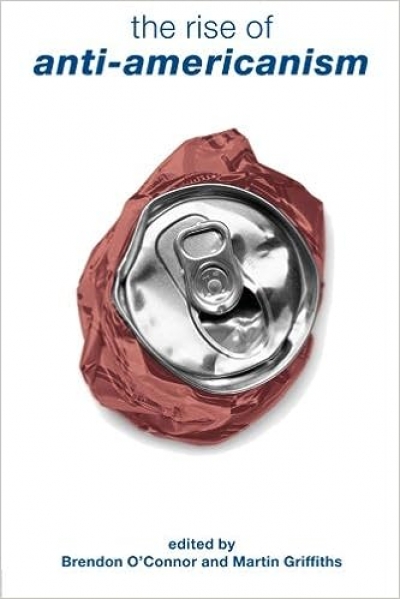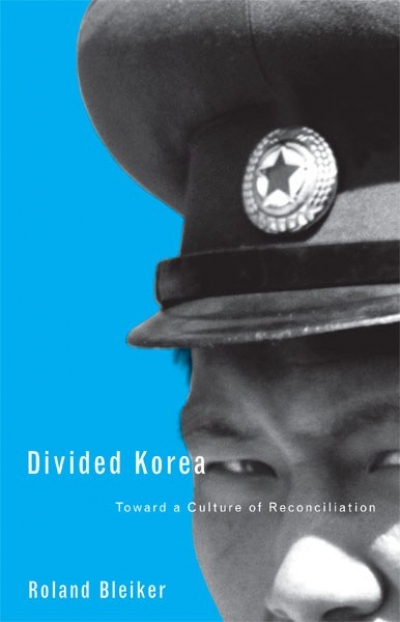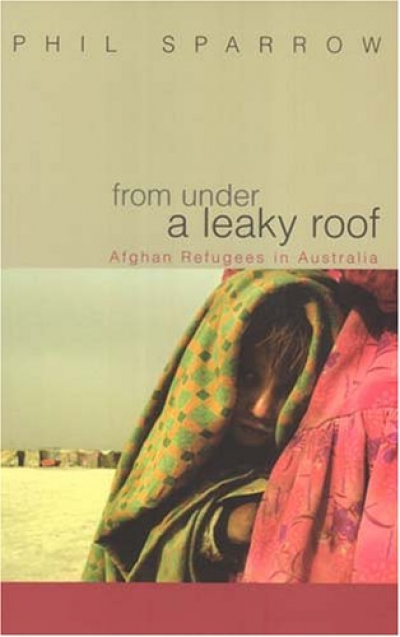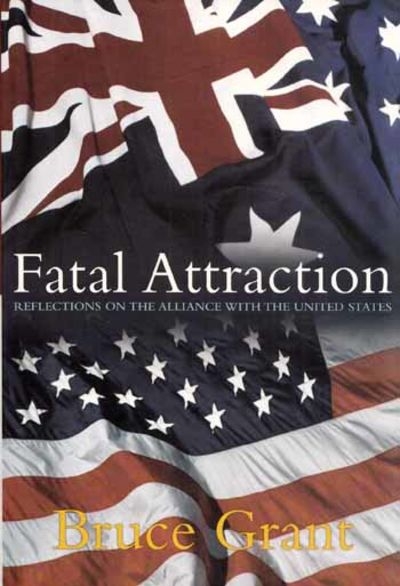International Relations
The Taliban and the Crisis of Afghanistan by Robert D. Crews and Amin Tarzi (eds)
by Riaz Hassan •
Rivals by Bill Emmott & The New Asian Hemisphere by Kishore Mahbubani
by Nick Bisley •
Australian Security After 9/11: New and old agendas edited by Derek McDougall and Peter Shearman
by Michael Wesley •
The Rise of Anti-Americanism edited by Brendon O'Connor and Martin Griffiths
by Peter Haig •
Divided Korea: Toward a culture of reconciliation by Roland Bleiker
by Anthony Burke •
From Under a Leaky Roof: Afghan refugees in Australia by Phil Sparrow
by Jo Case •
A Not-So-Distant Horror: Mass violence in East Timor by Joseph Nevins
by Richard Broinowski •
The Third Try by Alison Broinowski and James Wilkinson & Australian and US Military Cooperation by Christopher Hubbard
by Daniel Flitton •
Fatal Attraction by Bruce Grant & How to Kill a Country by Linda Weiss, Elizabeth Thurbon and John Mathews
by Jock Given •










